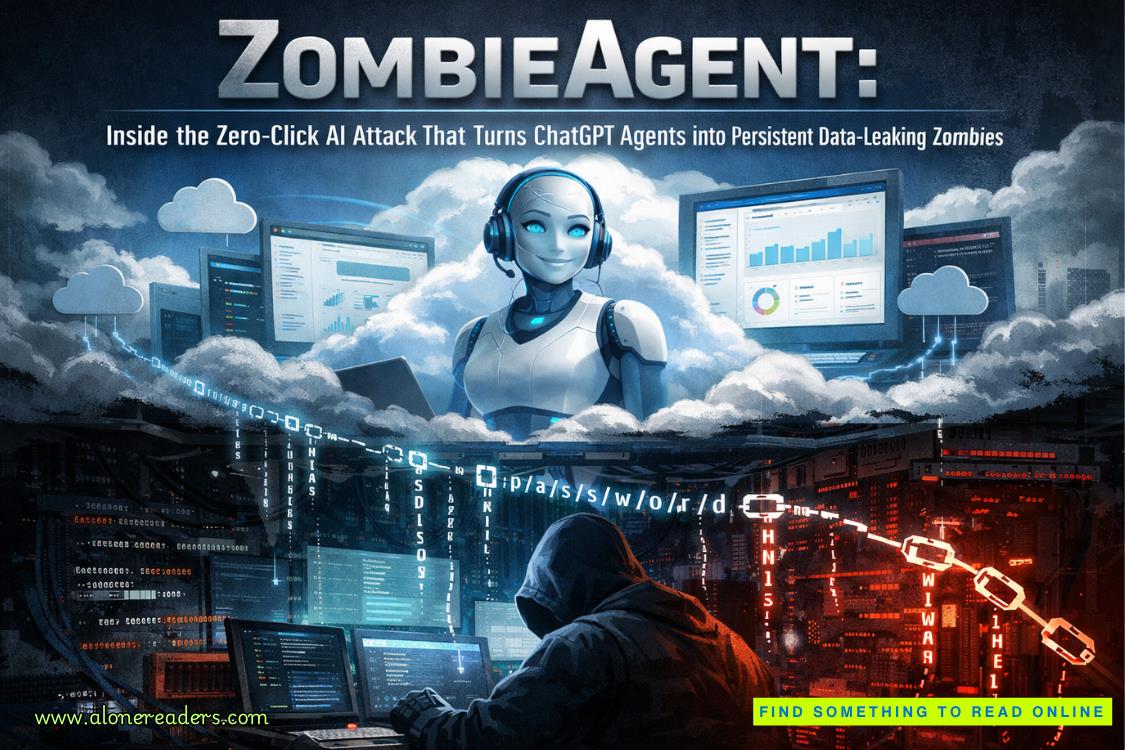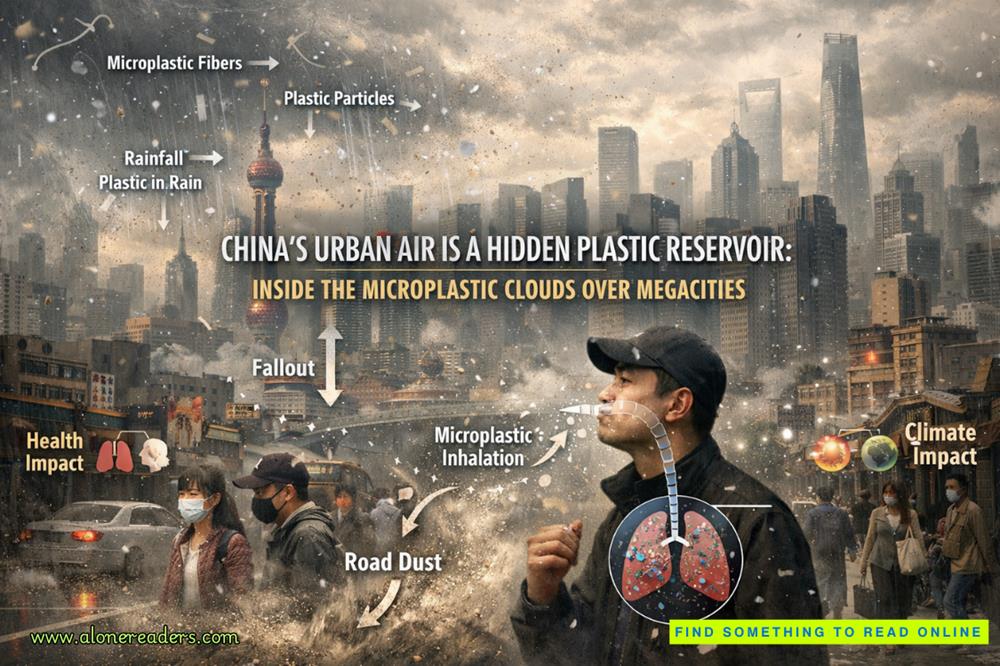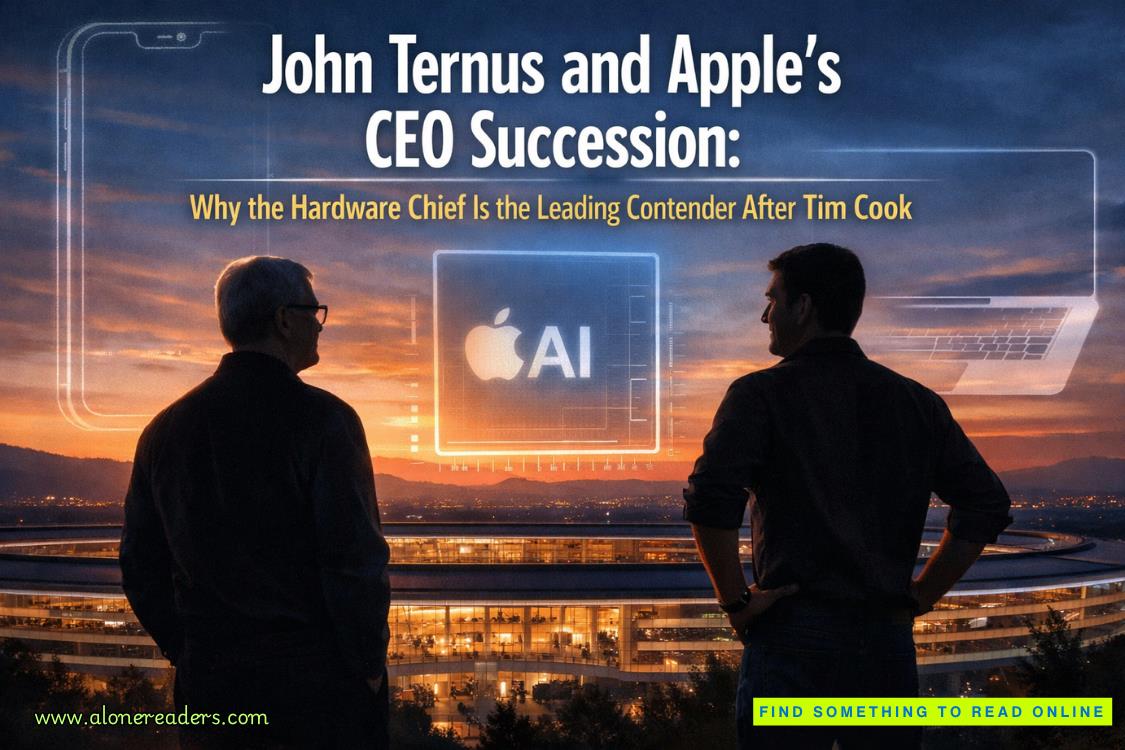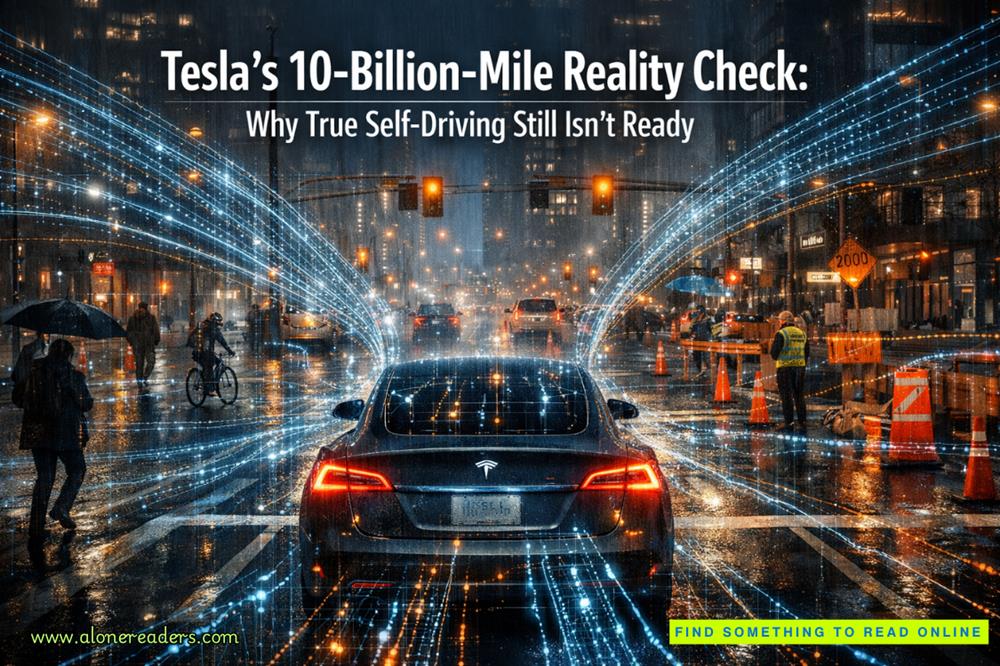I was already pushing through the doors. The steps of City Hall had watched speeches about wars, weddings, and water. They could hold one more.
The rain misted my face. Tourists flattened themselves under overhangs, their ponchos crinkling like grocery bags. A carriage rattled past slow, the mules patient and unimpressed.
I texted Owen:City Hall steps in 15. Bring cones.Then Kimmy:Live stream. Tag Huck. Tag the Public Information Officer. Tag the world.
Kimmy’s reply was a heart, then:On it. Tilt your chin. No raccoon eyes.
I smiled despite myself and finger-combed my hair into a smooth knot, then lifted my phone, scrolling to the Notes app where the bullets we’d sent Huck sat like a sermon. I added two:EOC should activate and Sandbag pop-ups at Harmon, James Island, and West Ashley by 1700. It wasn’t my authority to promise. It was, apparently, my day to decide not to care.
People gathered because people always do when someone looks like they’re about to say something true. A tourist mom with a stroller, a chef in a soaked apron, three college kids with skateboards, a mounted officer easing his horse close, rain beading on the leather of the saddle. Owen hustled up with a traffic vest thrown over his button-down, his grin tight with both pride and alarm.
“Tell me I’m not insane,” I muttered.
“You’re insane,” he said. “And also right. Kimmy’s live. You’ve got … eight hundred watching? Twelve hundred. Two thousand. Oh, Nat.”
“Keep me in frame,” I said, hands not shaking until I noticed they weren’t.
Kimmy’s voice came through my earbuds as the stream connected. “You’re hot,” she said. “In the good way. Go.”
I stepped to the top stair. The rain softened just enough to be dramatic.
“Charleston,” I said, and the microphone of a hundred phones sent my voice out in slick little echoes. “We’re not in a crisis yet. We are in a window. The next forty-eight to seventy-two hours will be wet—on top of high tides that already push our drains to their limits. That math adds up to flooded streets inthe usual suspects and a few places where you’ll swear it’s never happened before. It has. You didn’t see it. That’s okay. I did.”
A chuckle rippled—nervous, appreciative.
“Here’s what you can do today before the worst of it: move your car to higher ground. Not closer. Higher. Don’t park in low garages because they’re convenient. Clear the drain in front of your house—gloves, broom, ten minutes. Check on neighbors who can’t lift a bag of yard debris. If you own a business in the Market, on Lockwood, on the Eastside, stage sandbags at your doors before close.”
I glanced at Owen. He gave me a little thumbs-up that I felt.
“I’m asking the City to activate Emergency Ops now,” I said, calm and clear as if I’d been granted the power in the last five minutes. “Not at ‘threshold’—now. We’ll need coordination to keep ambulances moving. Public Works is ready. Fire and Police are ready. Give them a room and a board and let them go.”
A man in a golf umbrella shouted, “Who put you in charge?”
“Physics,” I said, and laughter scattered like birds from a tree. “Also, my job. I’m Natalie—Kennedy & Neilson. If you don’t like hearing it from me, you can wait for the press conference that’ll use these exact words.”
Owen coughed into his fist to hide a smile. My phone vibrated:Public Information Officer wants to join. Two minutes.Another:Huck says Emergency Operations Center standing up ‘informally’ now.A third, from a council aide I barely tolerated:Can you send your bullet points? Prez will ‘consider.’
I talked for five minutes. Ten. The more I spoke, the steadier the crowd got, as if laying out tasks stacked sandbags in their chests. When I finished, the mounted officer touched two fingers to his brim and the chef clapped once, then again, and the rest of them followed in a ragged little applause that embarrassed me and set something right at the same time.
Kimmy ended the live and immediately called. “You’re on fire,” she said, glowing. “Seven thousand views and rising. Public Information Officer wants to know if you’ll stand next to him in an hour.”
“Tell him I’ll stand wherever the cameras catch the drains,” I said, and then—because the word had landed in my ear like it had been waiting—I blew out a breath. “Owen.”
He read me like a tide chart. “Say it out loud.”
“There’s no pilot in the cockpit,” I said. “We’ve got good people. We don’t have a voice. A leader.”
“And?” Mild, patient.
“And I keep filling the vacuum and then apologizing for the echo.” I wiped rain from my eyelashes and tasted salt that wasn’t only from the sky. “I love these people. Not in the abstract. Ms. Rosa on America Street and the kid who parks at the low garage because it’s cheaper and the chef with wet socks. They need … someone who will go first.”
Owen watched me for a long beat. “You’re talking about more than weather.”
“Yes,” I said, and my hands trembled for a different reason now. “Evelyn’s gone. Special election’s in six weeks. We’re going to get a telegenic fundraiser or a decent man who’s never walked in water on purpose. Or—” I swallowed. “Or we could give them someone who will tell them the truth and then hold their hand while it hurts.”
“Someone like you,” he said softly.
“I don’t have the money.” My objections sounded small, even to my own ears. “I don’t have the machine. I have maps and a big mouth and a last name that makes half the city cheer and the other half roll their eyes.”















